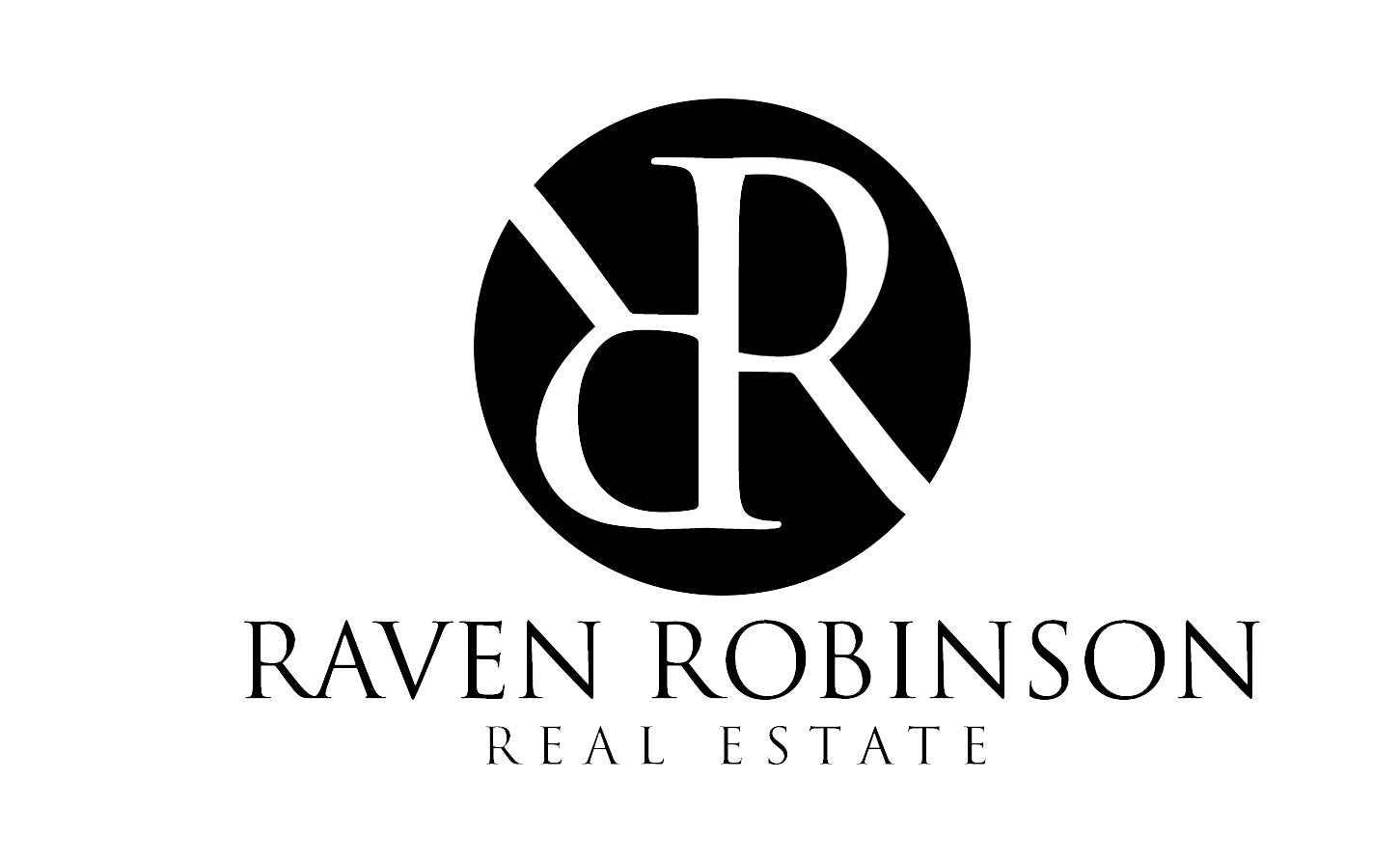How to Avoid Paying Too Much for a House
A little impatience will spoil great plans. - Chinese proverb
The excitement of buying a home can easily win the struggle for control. However, with so many decisions to make, adding impatience may be a recipe for disaster. As a result, you could make mistakes in your judgment calls.
Buying a house is not all about the final price tag. There are many aspects involved to ensure that money spent on your investment does not exceed its value during ownership, as well as at its resale.
In this article, I go over the things you need to decide on before signing that contract to avoid paying too much for your house.
Your Pocket
Once you start thinking of buying a house, there should be serious financial planning in the works! Many buyers I meet feel that being pre-approved is their ticket to purchase, and they rush into the process with high expectations.
The reality is that if you don’t have a down payment saved up, not only will your mortgage be much higher, but you’ll have to purchase private mortgage insurance as well.
By planning carefully and saving enough even before applying for a home loan, you will save thousands in the course of only a few years.
Action point: Be financially savvy! Put down as much cash as you can.
Scope Lenders
Settling for the first lender is a mistake I see people making often. It’s normal to think that all lenders are the same, but remember that they have to compete for your business. Thoroughly comparing what you can get between three lenders will give you the knowledge to make the best decision and even negotiate.
And be careful of incentives. Some are entirely worth it, but it pays to look carefully at every aspect. For instance, a seemingly significant amount offered as an incentive may seem better than a percentage saving. Still, when you calculate the full impact, you might find that the percentage offer works out to a more considerable saving over the life of your loan.
Action point: Work with your real estate agent to discuss the finer details before choosing your lender.
Value over aesthetics
When choosing upgrades, ensure that you choose value first within your budget and means. I talk more about this in my post on choosing your best options. You need to think in terms of the value in resale when making such decisions.
When the time comes for selling, you don’t want to have to spend money on custom cabinets that won’t factor into the value of your home.
Action point: Set realistic limits on upgrades in line with neighborhood market prices as well as your budget.
Avoid Surprises
With new construction, you need to know what you get when you sign your contract, down to the toilet roll holder. Clarify everything that is or isn’t included, like fittings and window coverings. These are things that you’d have to add at your own cost, so it needs to be in that budget!
A significant element that many buyers forget about is the garden. Because of the intensive decision process, many people don’t think about landscaping costs; it’s just one of those things that slips the mind!
Homeowner associations generally have strict timelines with landscaping, meaning you cannot add as you go. Therefore you will need to budget, plan for landscaping and be prepared to execute on it quickly.
Action point: Make sure you know what you are getting for your money and ensure the rest still fits into your budget.
There are other factors to consider, like types of warranties and knowing when to negotiate with builders. These are aspects that I usually cover individually with my clients to ensure they get the best value for their investment.
So by being patient and careful when planning to purchase a house, you can avoid paying too much for it!
